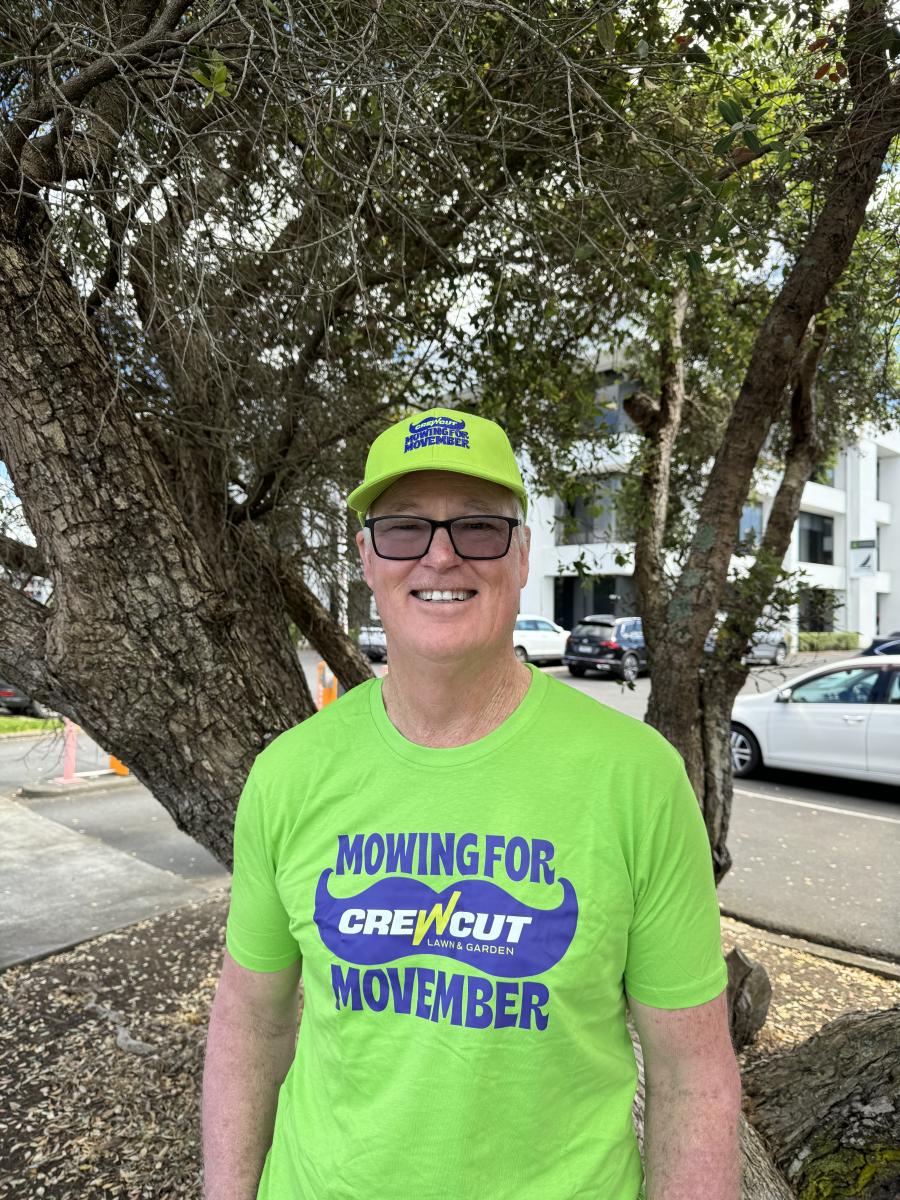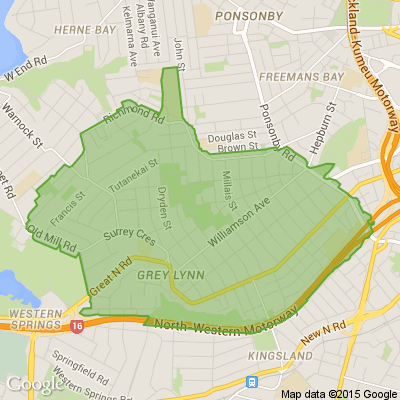Cyclone Gabrielle Update - Get Ready
Auckland Emergency Management are working closely with MetService New Zealand and tracking Cyclone Gabrielle, which is due to start impacting the upper North Island from Sunday.
We encourage our Tāmaki Makaurau whānau to use this time to get prepared.
With potential for heavy rain and strong winds, surface flooding and slips are possible and strong wind gusts could damage trees, powerlines and unsecured structures.
How to get prepared:
1. Stay up to date with the latest weather warnings from MetService: www.metservice.com...
2. Make a household plan that includes your pets, in case you need to evacuate.
3. Have a grab bag with essential items ready to go.
4. Be prepared for possible power outages and check emergency supplies. In a storm you could be stuck at home for up to three days.
5. Clear debris and leaves from drains and gutters to help prevent surface flooding.
6. Secure items like wheelie bins, trampolines, outdoor furniture, boats and trailers. Bring items inside or tie items down that could move in strong winds.
7. Check on your friends, whānau, neighbours and anyone who might need your help, especially those who have already been affected by recent flooding.
Follow Auckland Emergency Management on Facebook or Twitter or visit their website by clicking on 'Read More' to stay updated as this weather system progresses and receive further advice.
For preparedness advice in different languages visit: getready.govt.nz...
Kia kaha Tāmaki Makaurau.

Live Q&A: Garden maintenance with Crewcut
This Wednesday, we're having another Neighbourly Q&A session. This time with John Bracewell from Crewcut.
John Bracewell, former Black Caps coach turned Franchisee Development Manager and currently the face of Crewcut’s #Movember campaign, knows a thing or two about keeping the grass looking sharp—whether it’s on a cricket pitch or in your backyard!
As a seasoned Crewcut franchisee, John is excited to answer your lawn and gardening questions. After years of perfecting the greens on the field, he's ready to share tips on how to knock your garden out of the park. Let's just say he’s as passionate about lush lawns as he is about a good game of cricket!
John is happy to answer questions about lawn mowing, tree/hedge trimming, tidying your garden, ride on mowing, you name it! He'll be online on Wednesday, 27th of November to answer them all.
Share your question below now ⬇️

Poll: Should all neighbours have to contribute to improvements?
An Auckland court has ruled a woman doesn’t have to contribute towards the cost of fixing a driveway she shares with 10 neighbours.
When thinking about fences, driveways or tree felling, for example, do you think all neighbours should have to pay if the improvements directly benefit them?

-
82.5% Yes
-
14.7% No
-
2.8% Other - I'll share below
The Influence of the Whānau - Day 9
In a small Māori pā (village) nestled beside a flowing river, a young boy named Rangi lived with his whānau. Rangi was curious and adventurous, always exploring the ngahere (forest) and listening to the stories of his kaumātua (elders). The kaumātua would often remind him, “He waka eke noa”—we are all in this together, and our actions affect the collective.
Rangi's best friend, Manu, was a clever boy but sometimes made poor choices. Manu had recently begun spending time with a group of older boys from another pā who were known for their reckless behavior. They would waste kai (food), leave rubbish in the ngahere, and even disturb the sacred awa (river) by throwing stones at eels.
One day, Manu invited Rangi to join the group, saying, “Come on, Rangi! They’re fun, and they won’t hurt anyone. We’re just having a good time!” Unsure, Rangi agreed, feeling pressure to fit in.
The group’s leader, Matiu, proposed a game: they would sneak into the kaumātua's kumara patch at night and take some for a "feast." Rangi hesitated. He remembered the kaumātua saying how much work went into growing the kumara, with karakia (prayers) and care for the soil. But he stayed silent, feeling outnumbered.
That night, the group raided the garden. As they laughed and ate the stolen kumara by the fire, Rangi felt uneasy. He realized that this was not who he wanted to be. When he saw Manu’s joy in impressing Matiu, Rangi felt torn but remained quiet.
The next morning, the kaumātua discovered the missing kumara and the trampled garden. They called the entire pā together, expressing sadness, not anger. “Our ancestors teach us that the whenua (land) provides for all of us, but only if we treat it with respect,” said one elder. “When we harm the whenua, we harm ourselves.”
Rangi’s heart sank. That evening, he confessed to the kaumātua and his whānau, explaining everything. To his surprise, they did not scold him harshly. Instead, they said, “He tangata tītoki, he tangata rākau—a person is like a tree; they grow straight when supported by others. You must choose companions who uphold the values of your whānau and whenua.”
Rangi decided to distance himself from Manu’s new group and instead spent time with those who respected the land and upheld the teachings of their ancestors. Over time, he encouraged Manu to rejoin him, and together they worked to rebuild the kumara patch, learning from the kaumātua.
---
Moral
This story highlights the importance of right company and like-mindedness. It shows that no one is inherently bad, but the influence of others and the situations we choose can lead us astray. Surrounding ourselves with those who uphold values like respect, care, and collective well-being ensures a life of balance and harmony.
Ka mua, ka muri — by learning from the past, we can walk into the future.





 Loading…
Loading…











